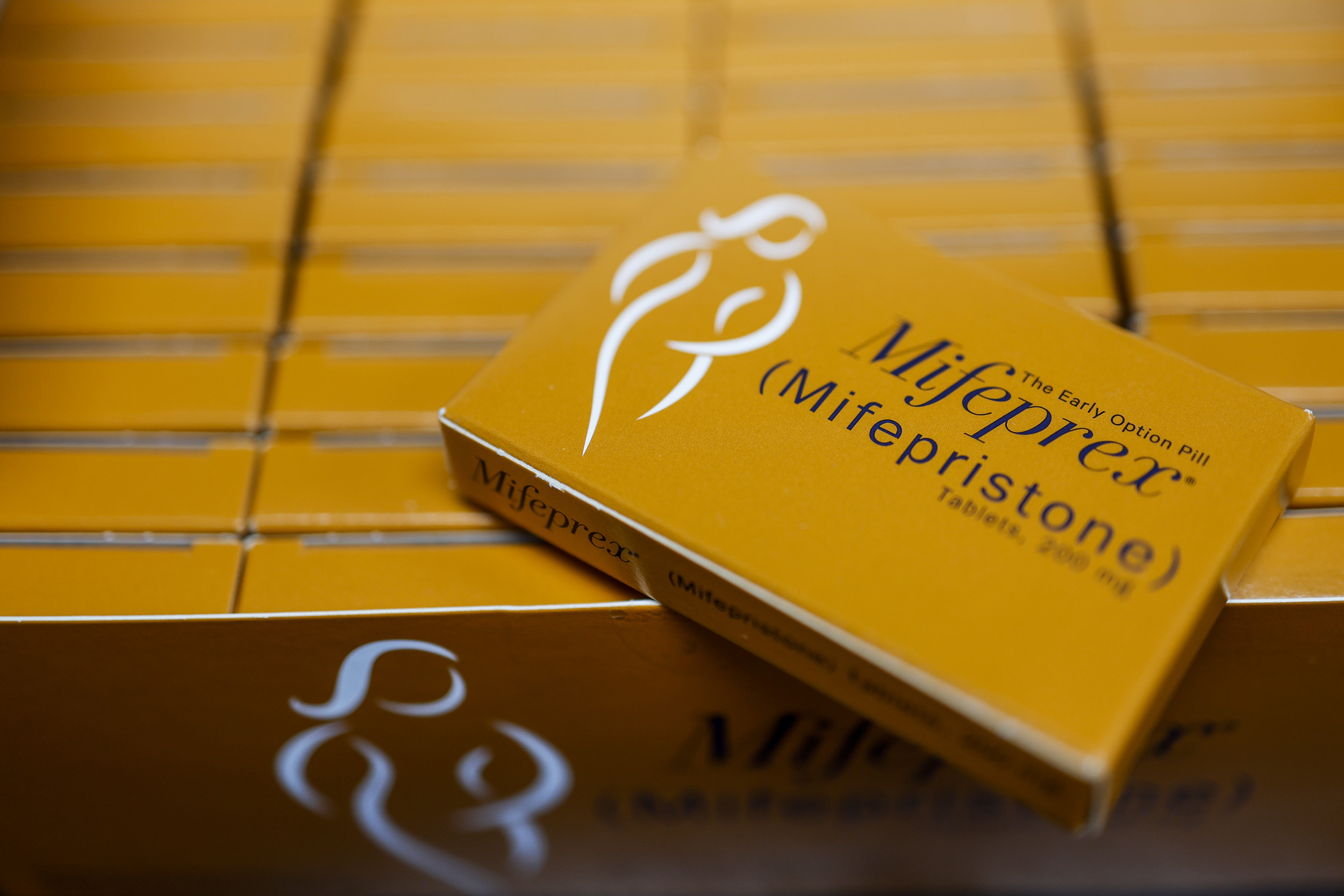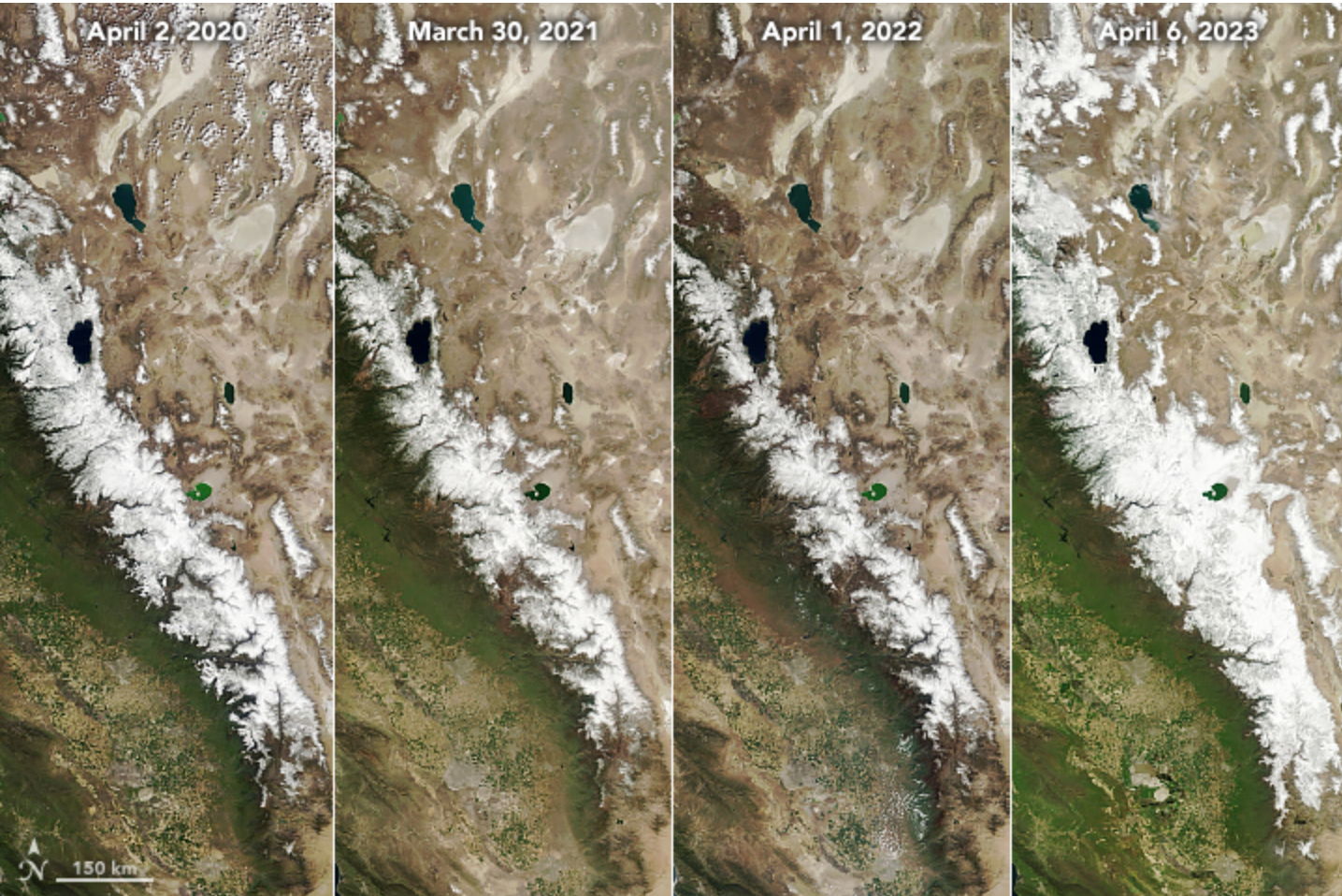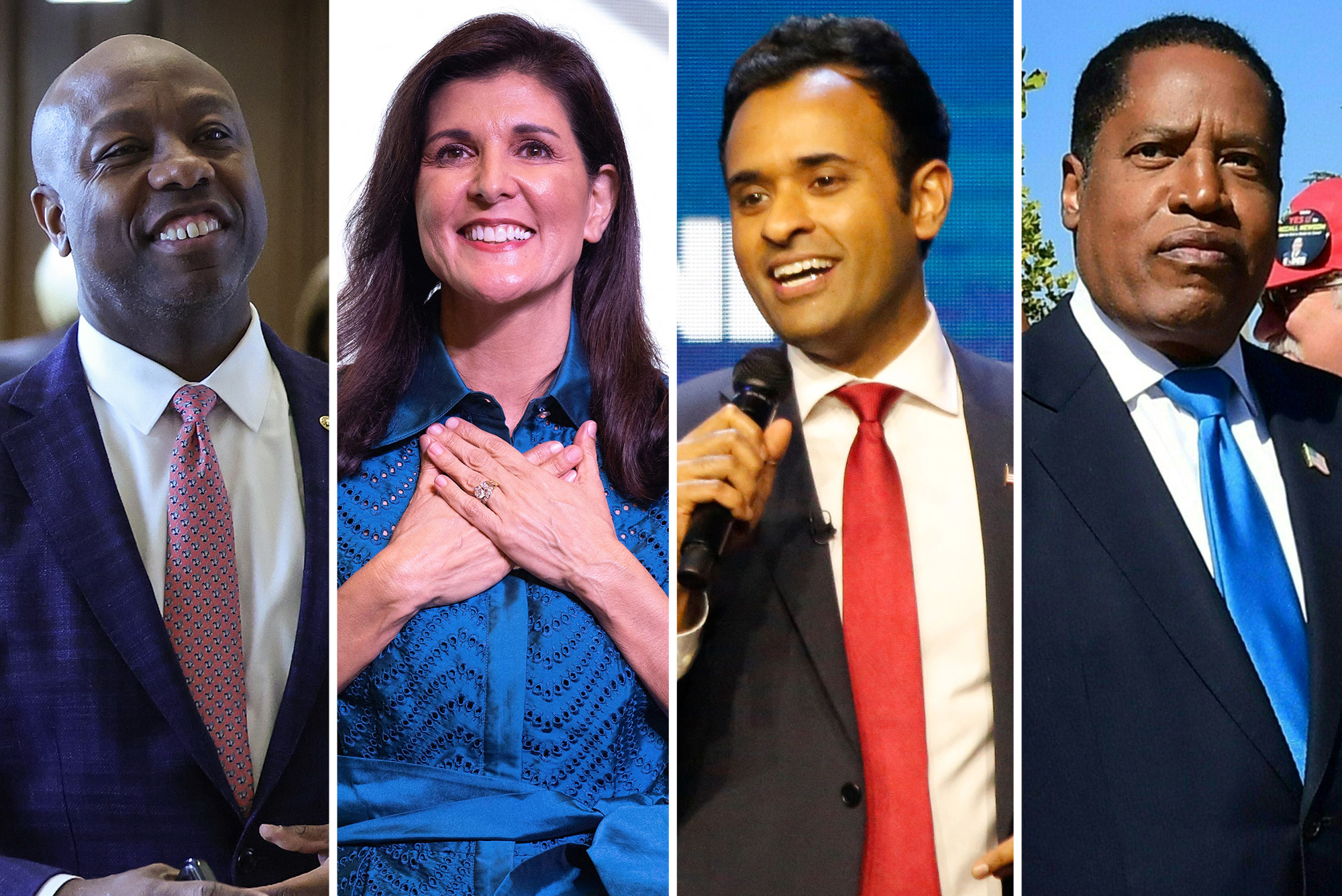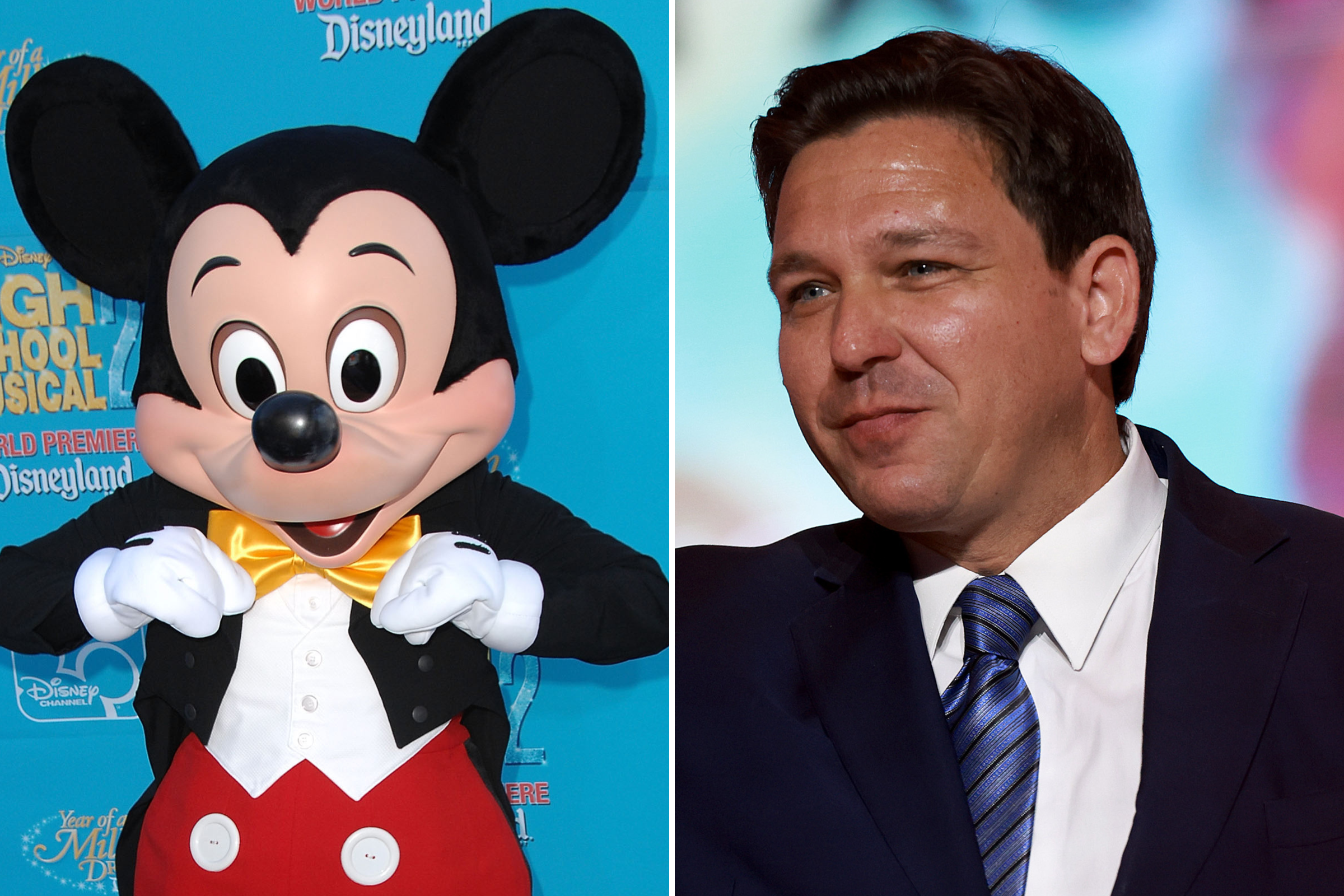How Catholic Bishops Influence the Supreme Court
The U.S. Supreme Court has been affected by a "right-wing" Catholic culture that helps to explain its conservative shift in recent years, according to the author of a new book about the political influence of U.S. Catholic bishops.
Veteran journalist Mary Jo McConahay spoke to Newsweek about her latest book, Playing God: American Catholic Bishops and the Far Right, and argued that Catholic bishops and their allies in the laity had significant input in choosing members of the nation's highest court.
In her book, McConahay discusses how Catholic bishops have used so-called "dark money" to further their agenda and highlights their links to major financial contributors to conservative causes, such as the Koch family.
McConahay, a former war correspondent who describes herself as "a concerned Catholic," pointed to recent Supreme Court decisions that have won the favor of religious conservatives, as well as the long-term goals of conservative bishops.

Supreme Court Decisions
In 2022 the Court's majority overturned the landmark abortion rights case Roe v. Wade, finding that the Court had erred in 1973 when it ruled that the U.S. Constitution protected the right to abortion. Severe restrictions on abortion followed in several Republican-led states.
Other recent decisions have also pleased religious conservatives, including the Court backing the right of a coach to pray on the college football field after games and a ruling that allowed for religious schools to be funded using public money.
McConahay stressed that her new book is not about faith but "it's a book about politics. And it concentrates on the bishops who are in the leadership of the U.S. bishops' conference."
"And it shows how extremely right-wing they are and how they are influencing the national picture," McConahay said. "It also shows how they diverge from the vision and statements of Pope Francis."
Lobbying Congress
That national picture includes influencing ordinary Catholics at the local level and lobbying at the highest levels in U.S. politics.
"I don't know how subtle it is anymore," McConahay said. "I believe that mostly the bishops stand for a certain point of view, which they communicate to parishioners through the bishop, through the priests over whom they have aegis, you might say, if not control, and they influence policymakers by way of their lobbying arm, which is quite strong in Congress."
She pointed to the number of self-identified Catholics serving in Congress, saying the share of Catholics there is higher than in the general population.
"So they might be expected to lend a special ear to the bishops. And I think they influence—we're talking about the bishop's influence here—through their partnerships with a certain class of elite Catholics who are extremely conservative politically and economically," McConahay said.
There are prominent Catholics on both sides of the aisle—President Joe Biden makes no secret of his Catholic faith—but McConahay sees a clear partisan lean on the part of some bishops, pointing to support for former President Donald Trump in the 2020 election.
"Archbishop [Timothy] Dolan of New York called together 600 Catholics on a phone call with the president [Trump]," McConahay said. "And it was just a love fest. And that's one example."
Catholics on the Court
McConahay pointed to the fact that for much of U.S. history, Catholics had little or no representation on the Supreme Court but that situation has almost been reversed.
"Catholics just did not appear on the Supreme Court," McConahay said, noting that just 15 justices have been Catholic since the Court began in the late 18th century.
However, at the turn of the 20th century "they started having a kind of Catholic seat, so we have a Catholic on the Court."
"Now, seven out of the nine justices were raised Catholic," McConahay said.
Associate Justice Neil Gorsuch was raised Catholic but later attended an Episcopalian church. Six others were also raised Catholic—Chief Justice John Roberts, and Justices Clarence Thomas, Samuel Alito, Sonia Sotomayor, Brett Kavanaugh and Amy Coney Barrett.
A Catholic Culture
"And I believe we're starting to see a Catholic culture on the Court," McConahay said. "And it's not just a Catholic culture—it's a specifically U.S. 2023 right-wing, led by the Catholic bishops' conference, Catholic culture."
"And this explains the surprising—I would say surprising because it's a shift—number of decisions," she added.
McConahay said that recent decisions such as public funding of religious schools and praying on the football field were examples of the influence conservative Catholics have had.
"After the last 20 years of Catholic bishops, this is not a surprise," she said. "Not just Catholic bishops, but this Catholic culture implanting itself, of which the bishops are a part, but also of which the Catholic laity—I'm talking about an elite wealthy Catholic laity, which is in league with the bishops."
"And of course, they are very influential in nominations for the Supreme Court," McConahay added. "And their alignment with evangelical Christians, and with money men like the Koch brothers, is also of extreme importance."
"So you see this triad of the extremely conservative Catholic bishops, which is the leadership of the Catholic bishop's conference today, the elite wealthy Catholic laity, certain figures, for instance—they're the ones like Tom Monaghan of Domino's Pizza, who funds an extremely important law firm, which brings some of these cases to the Supreme Court—and of course, the Supreme Court justices themselves," she said.
Bishops and Justices
McConahay pointed to Justice Barrett, calling her "the exemplar of what the bishops would like to see as as the modern woman."
"It's a different kind of feminism that she embodies. And I use the word quite advisedly," she said.
McConahay said that one factor was "growing up a certain kind of Catholic, not buying into Vatican II and the absolutely, extremely important changes that came from Vatican II."
She was referring to the Second Vatican Council—often called Vatican II—a major set of reforms to the modern Church which have long been criticized and opposed by conservatives Catholics.
"And it's not blind obedience to authority," McConahay said. "These people think, on the Court, that they are the authority. But I think they see the bishops as peers rather than as anyone who could tell them what to do. They think the same way. They don't need to be obedient."
Opposing Pope Francis
McConahay also highlighted stark differences between conservative U.S. bishops and Pope Francis, who is seen by critics as too liberal. She pointed to divisions over Vatican II as well as U.S. bishops' views on capitalism.
"Given that Pope Francis has said quite clearly the Church is Vatican II, that's another way that they can dig in their heels against Pope Francis," McConahay said.
"And you might ask, why are they so against him?" she went on. "And I would suggest there's a whole history of reasons, and not the least of which is that he's very clear about the role of capitalism—unfettered capitalism, unregulated capitalism in this country—and they're packed with Republicans and anti-abortion elements in this country."
"The U.S. bishops have come to get into bed with unregulated capitalism," she went on. "And so, you can't be 100 percent behind Francis and not be concerned about your sources of funding, your parishioners who are going to object to these messages of standing with the poor, standing with the marginalized."
Nonetheless, McConahay told Newsweek she didn't want to think the worst.
"We have now this process of synodality promotion where you have parishes participating to more and less degrees, depending on how much they embrace Pope Francis' path," she said. "But that's a move toward a positive future."
"I have a feeling that Francis is gonna hang in there," McConahay said of the 86-year-old pontiff. "You thought John Paul II was hanging in there a long time. You know, I have a feeling Francis will will hang in there as long as humanly possible."
Playing God: American Catholic Bishops and the Far Right is available now.








